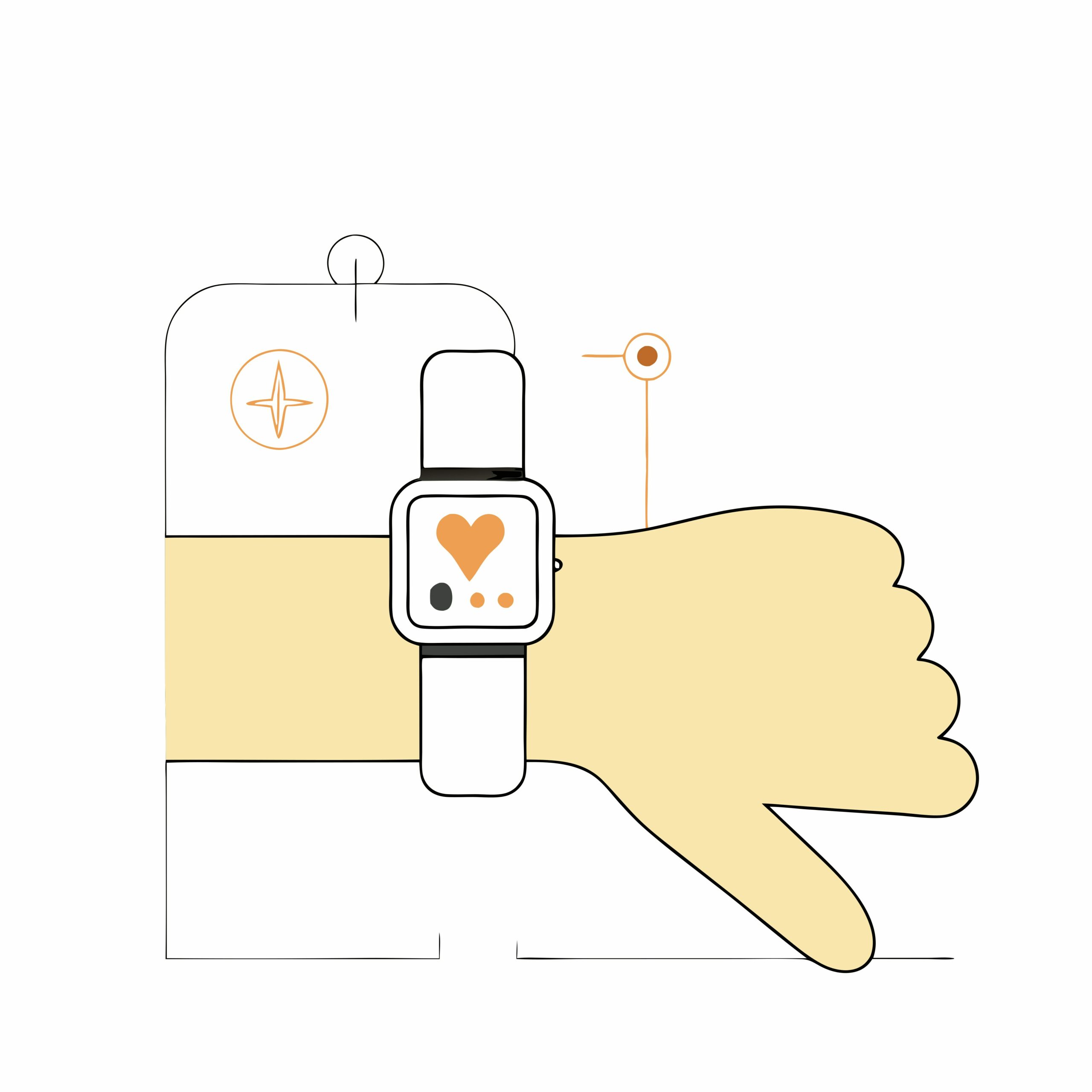Artificial intelligence (AI) is not just transforming industries—it’s also reshaping how we make decisions about our health and wellness. As a neuroscientist with expertise at the intersection of decision-making and technology, I’m often asked, “Can AI help me make better choices for my well-being?” It’s a fair question. Every day, we’re bombarded with conflicting health advice. One week, a new diet trend promises to revolutionize metabolism; the next, an expert warns it’s harmful. Decision fatigue is real, and in my work, I see how overwhelming choices can lead to inaction–or worse, poor decisions.
This is where AI steps in. AI tools don’t just offer generic advice; they analyze patterns in your own behavior, preferences, and health data to make evidence-based recommendations. But how much should we rely on them? Let’s explore 4 practical ways AI can assist with everyday wellness decisions–while keeping a healthy dose of human judgment in the mix.
1. Personalized Fitness Plans
AI-powered fitness apps can analyze your health metrics—such as age, weight, activity level, and goals—to create tailored workout routines. These plans adapt over time based on your progress and feedback, acting like a virtual personal trainer.
Take Sarah, a busy professional struggling to stay active. She used an AI fitness app that tracked her daily steps and heart rate. The app recommended short, high-intensity workouts tailored to her schedule. Within weeks, Sarah noticed improved energy levels and felt more motivated to exercise regularly.
2. Smarter Nutrition Choices
AI can analyze dietary habits and recommend meal plans based on individual preferences, allergies, or health goals. Some apps even let users upload photos of meals to assess nutritional content and suggest healthier alternatives.
Imagine your friend or family member managing diabetes who needs precise carbohydrate tracking. An AI tool could monitor their food intake in real-time and adjust meal recommendations based on their glucose levels, helping them maintain better control over their condition.
3. Mental Health Support
AI-powered chatbots and apps offer mental health support by providing guided meditations, stress management techniques, or even virtual therapy sessions. These tools analyze user input—like mood patterns or stress triggers—and offer personalized coping strategies.
4. Early Detection of Health Issues
AI excels at analyzing data from wearables or medical devices to detect early signs of potential health problems. For example, it can monitor sleep patterns, heart rate variability, and other metrics to flag risks like sleep apnea or cardiovascular issues.
A smartwatch user noticed irregular heart rhythms flagged by the device’s AI algorithm. This early warning prompted a doctor’s visit that revealed a treatable condition before it escalated into something serious.
Balancing Benefits with Caution
While AI offers incredible potential for improving wellness decisions, it’s important to approach these tools thoughtfully. Overreliance on AI can lead to privacy concerns or algorithmic biases. Always consult professionals when making critical health decisions.
By integrating AI into daily life wellness —from fitness tracking to mental health support—individuals can make smarter choices that align with their unique needs and goals. Whether you’re looking to improve your diet or manage stress better, AI is becoming an indispensable ally in the journey toward well-being. Wearables provide valuable data, but they’re not perfect. If AI flags a potential issue, use it as a cue to seek medical advice, not as a diagnosis.
Should You Trust AI with Your Wellness Decisions?
AI is a powerful tool for making better daily wellness decisions, but like any tool, it works best when paired with human judgment. It can help identify patterns, suggest small adjustments, and even catch potential health risks before they become serious. But at the end of the day, you are the decision-maker.
So, should you trust AI to help with your health and well-being? Trust it as an assistant, not as an authority. Use it to gain insights, but always apply critical thinking and, consult human healthcare professionals. And remember, as I said in a previous post, you don’t need to track everything.
Have you used AI for wellness decisions? Did it help? I’d love to hear your thoughts in the comments!
Illustration by MOMO Studio on Unsplash
